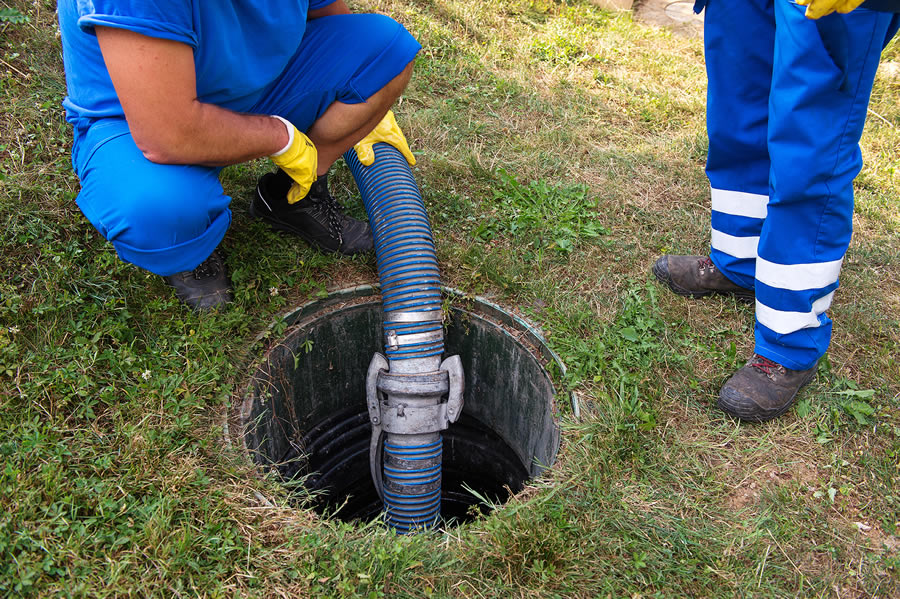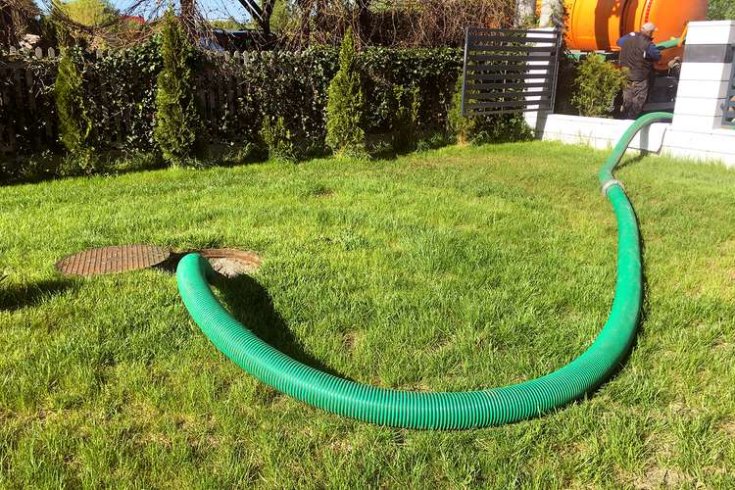
30
Septic systems play a vital role in waste disposal for many homes, especially in areas without access to a municipal sewage system. Proper maintenance is essential to ensure your septic system operates efficiently and effectively. One aspect of septic system care that often comes up is the use of septic system enzymes.
Septic system enzymes are specialized microorganisms designed to break down and digest organic matter within your septic system. These enzymes are a key component of septic tank maintenance products, often available in powder or liquid form. They are safe, environmentally friendly, and non-toxic to humans and the ecosystem.
The primary function of septic system enzymes is to accelerate the decomposition of organic waste in your septic tank. When you flush wastewater and solids into your septic system, naturally occurring bacteria work to break down the organic matter. Enzymes essentially act as a catalyst, making this process more efficient.
Septic companies play a crucial role in the care and maintenance of your septic system. Here's how they are involved.
Charlotte Septic Pros is a septic company that offers all these services and more. If you would like a reliable company to look after your septic system, give us a call.
Understanding septic system enzymes is essential for maintaining a healthy and efficient septic system. These beneficial microorganisms play a vital role in breaking down organic waste, reducing odors, and preventing clogs. By incorporating septic system enzymes into your routine maintenance and working with a reputable septic company for services like septic tank repair and septic tank installation, you can ensure the longevity and effectiveness of your septic system, ultimately saving you time and money while protecting the environment.

28
Why Is Sewage Backing Up into My Tub? When wastewater starts rising into your bathtub, it’s more than just unpleasant—it’s…
Read more
22
Can Bacteria Additives Eliminate the Need for Pumping? If you own a home with a septic system, you’ve probably seen…
Read more
12
A single slow drain in your home can feel like a minor inconvenience. Maybe the sink takes a little longer…
Read more
05
Are Slow Drains a Septic Issue or Just a Clog? Slow drains are one of those household problems that start…
Read more
02
What Septic Service Techs See That Homeowners Miss Most homeowners only think about their septic system when something goes wrong.…
Read more
21
Simple Habits That Protect Your Septic System A well-functioning septic system does its job quietly, but the moment something goes…
Read more
14
Pump Now or Pay Later: The Real Cost of Skipping Maintenance A properly functioning septic system is easy to forget…
Read more
11
Why Your Septic System Always Acts Up at the Worst Time Homeowners often feel that septic problems strike at the…
Read more
04
Early Warning Signs Your Septic Tank Needs Pumping For homeowners who rely on a septic system, routine maintenance is not…
Read more
29
Why Does My Septic System Smell Fine One Day and Terrible the Next? If you own a home with a…
Read more